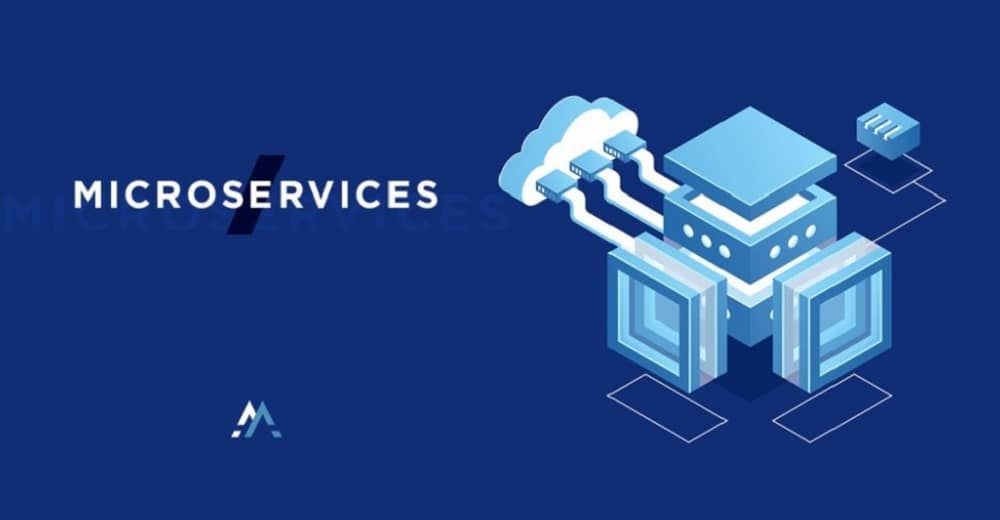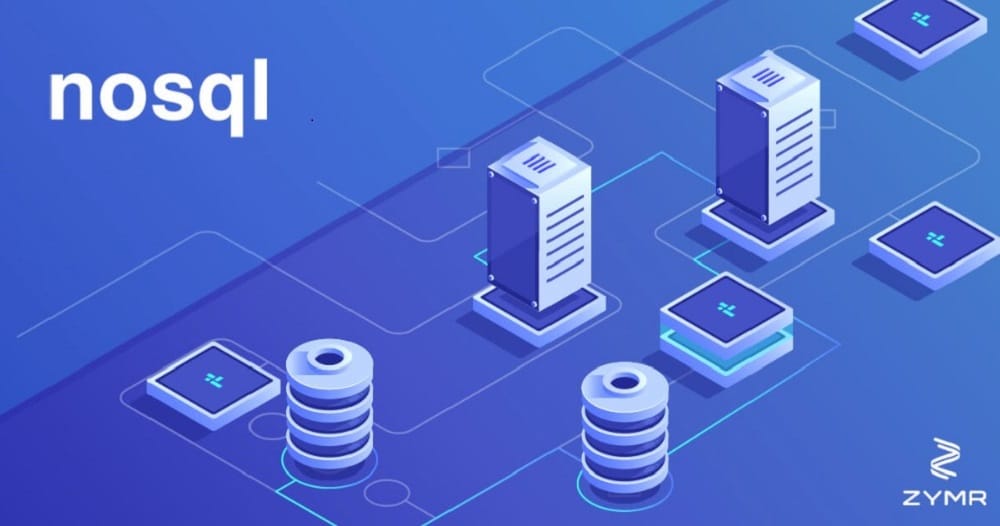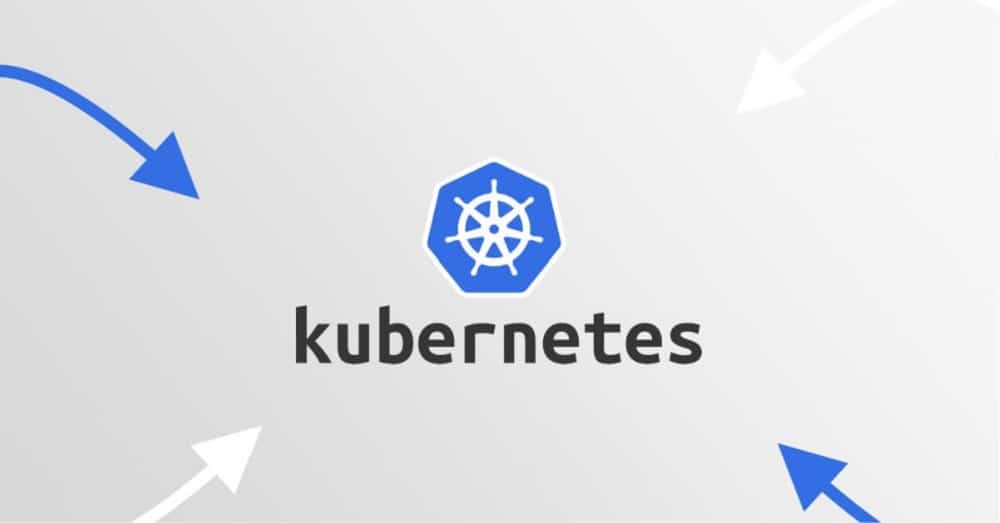
In my 30 years of experience, exceptional front-end developers have always been in demand. However, the tech and frameworks that current developers are using are constantly changing and evolving. Without learning these new frameworks, associated languages, and other technologies, you may find your skills less marketable.
What have I seen happen by not embracing change or keeping your skills current? Developers’ career stalling or being passed over on interesting projects that they were once asked to lead.
So what can you do right now to prepare for the future of front-end development?
CIOs, CTOs, and VPs of technology from fortune 500 companies to mid-size firms and even with start ups, have shared with me ways front-end developers can stay top of mind when the next interesting project comes up.
1. Write full stack applications using a single front-end tool

When talking with a founder and CEO of a mid-size tech marketing firm, he said one of the most valuable skills a front-end developer can have is the ability to write full stack applications using front-end tools.
There are different languages you can use to develop full stack applications. Some of the top languages used to write full stack applications are:
- Angular.js
- React
- Vue
In my experience working with employers, the best way you can learn these tools and show to your current or future employer is to have a few real world examples of you writing an entire application. Here are a few resources for you to get started with learning some of these languages that are listed above.
Some of the best front-end developers are people who know the full stack of software development life cycle. Being able to run a business process from end to end is a highly sought after skill from employers.
2. Experience with Microservices and Web API Development

I am often requested by CIOs and CTOs to find a front-end developer who has the ability and experience with microservices and web API development. Having hands-on experience developing microservices is an excellent way to separate your skills from others.
Here are a few ways you can start to learn web API development and microservices. Remember it is vital for you to take what you have learned and then apply them in a side project or a current company project.
3. Experience with non-relational databases (noSQL)

Non-relational databases are databases that are used for stages that are made for specific requirements of the type of data that will be stored. Over the past few years, I have found that front-end developers who have the know-how to work with non-relational databases are few and far between. Yet, they are in great demand and a growing trend as cloud services continue to grow.
A hiring manager who was in charge of front-end developer roles told me that a front-end developer who has experience with non-relational databases is sought after like a golden ticket in Charlie and the chocolate factory.
But what non-relational databases are the most sought after by employers? In my experience they are:
- MongoDB
- DocumentDB
- MariaDB
How can you start to learn these various noSQL databases?
Here are a few courses to help you get your feet wet! As always, remember to take what you have learned and apply it in a current project or side project. This allows you to show the employer that you didn’t just take a course but you know how to utilize the information you learned.
4. Experience with testing CI/CD

CI/CD is a set of principles and practices that allows different application teams to deliver code that needs to be changed in a faster and more reliable way. Essentially it is a framework that allows new code to be tested and deployed into production in a semi-automated way that is more efficient and reliable.
In my experience, front-end developers who have experience with testing CI/CD are hard to find, but are highly sought after by employers.
Why are front-end developers with CI/CD highly sought after?
What hiring managers tell me is that it gives an edge when writing, deploying and testing code. A key piece of technology you want to learn to be able to test with CI/CD is Kubernetes. Kubernetes is a powerful tool that is used to test CI/CD that helps automate computer application deployment.
How can you start learning Kubernete to test with CI/CD?
From talking with various front-end developers the best way to learn CI/CD and Kubernetes is by working with someone who is already an expert or has significant knowledge. However, this isn’t always possible, therefore I found out that the next best step is to read books, watch videos, take online courses, and attempt automation practices in your workplace or on a side project. Here are a few online courses to help you learn CI/CD and kubernetes.
5. Architect solutions with 3rd party plug-ins

When I’m asked to help fill front-end developer roles within an organization, hiring managers often talk about the importance of front-end developers having the ability to architect 3rd-party plug-ins.
Why is this so important to organizations?
Managers tell me it allows companies to develop custom software components to add specific features to their website, program and/or applications. However, the ability to architect solutions with 3rd-party plug-ins is fantastic and a unique skill to have.
By honing in on the skill of developing 3rd party plug in, you position yourself as a unique and very valuable front-end developer. I have found that front-end developers who have this ability are almost always compensated more and have more career options.
Embrace change!
In our ever changing world, it is important to always be on the forefront of the technology in your profession.
We know that there is a lot for you to learn here and it can seem overwhelming. It is important to just pick one or two areas to focus on and apply it to your current job or a side project.
If you are interested in learning more about opportunities in the front-end development space feel free to schedule a call with one of our recruiters using the link here.
